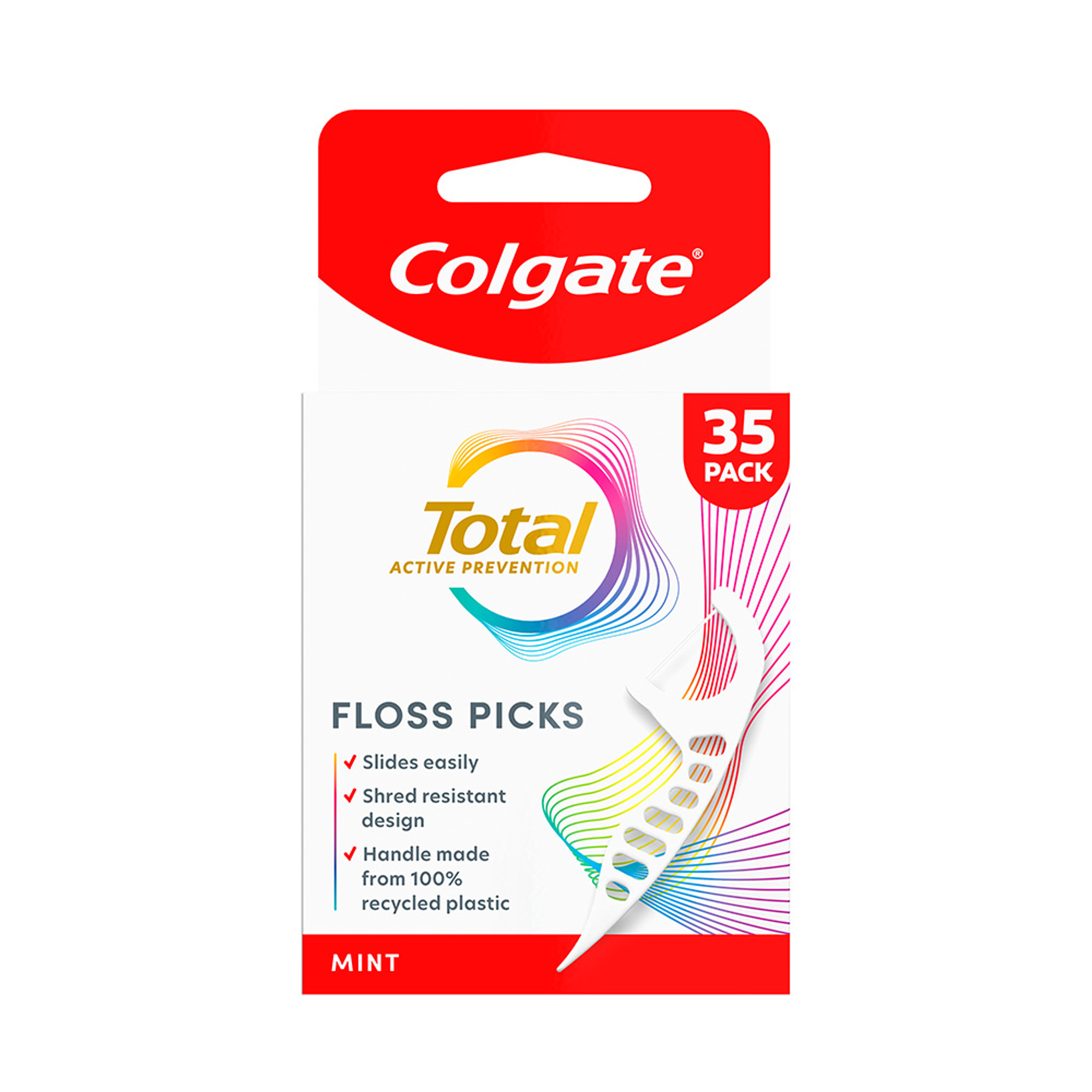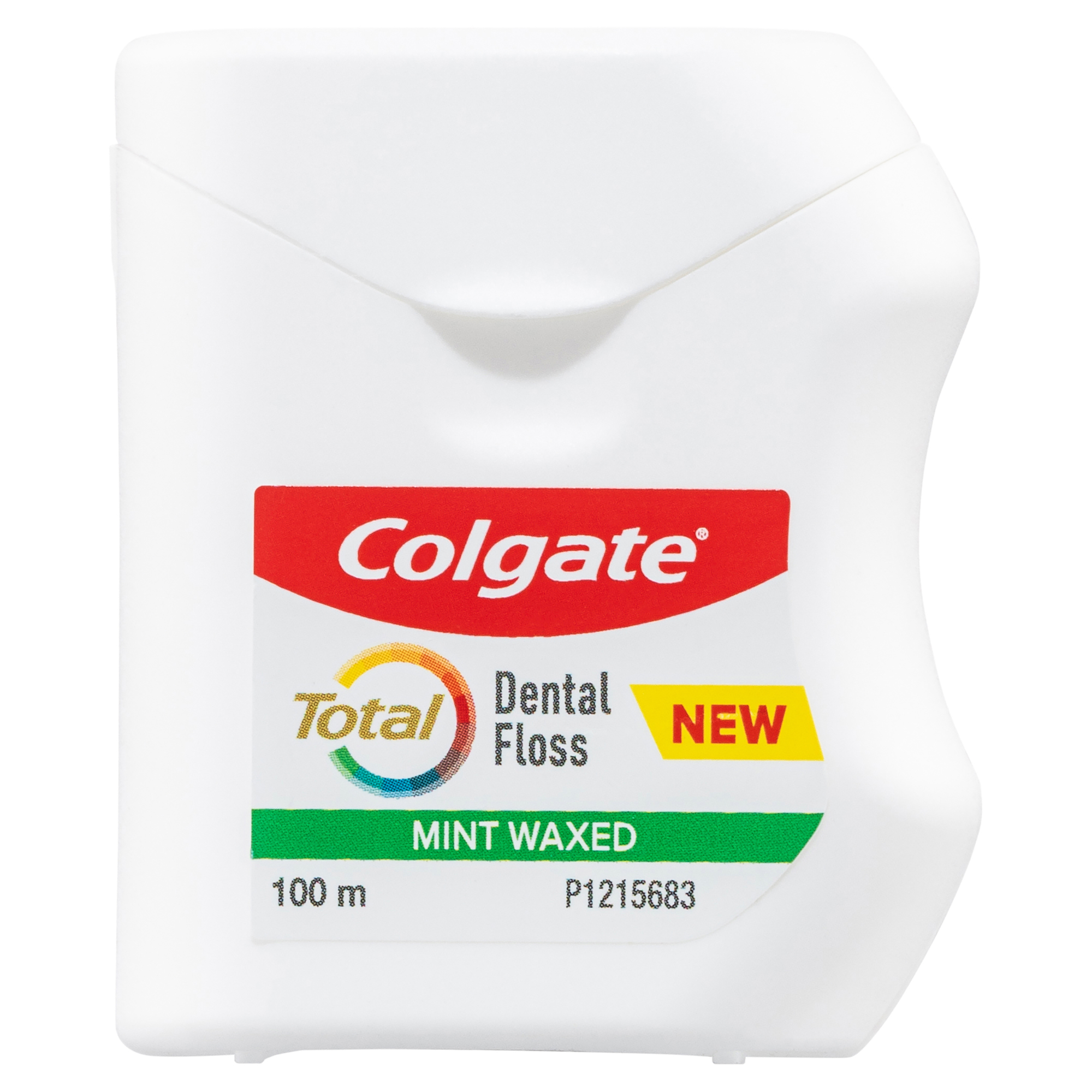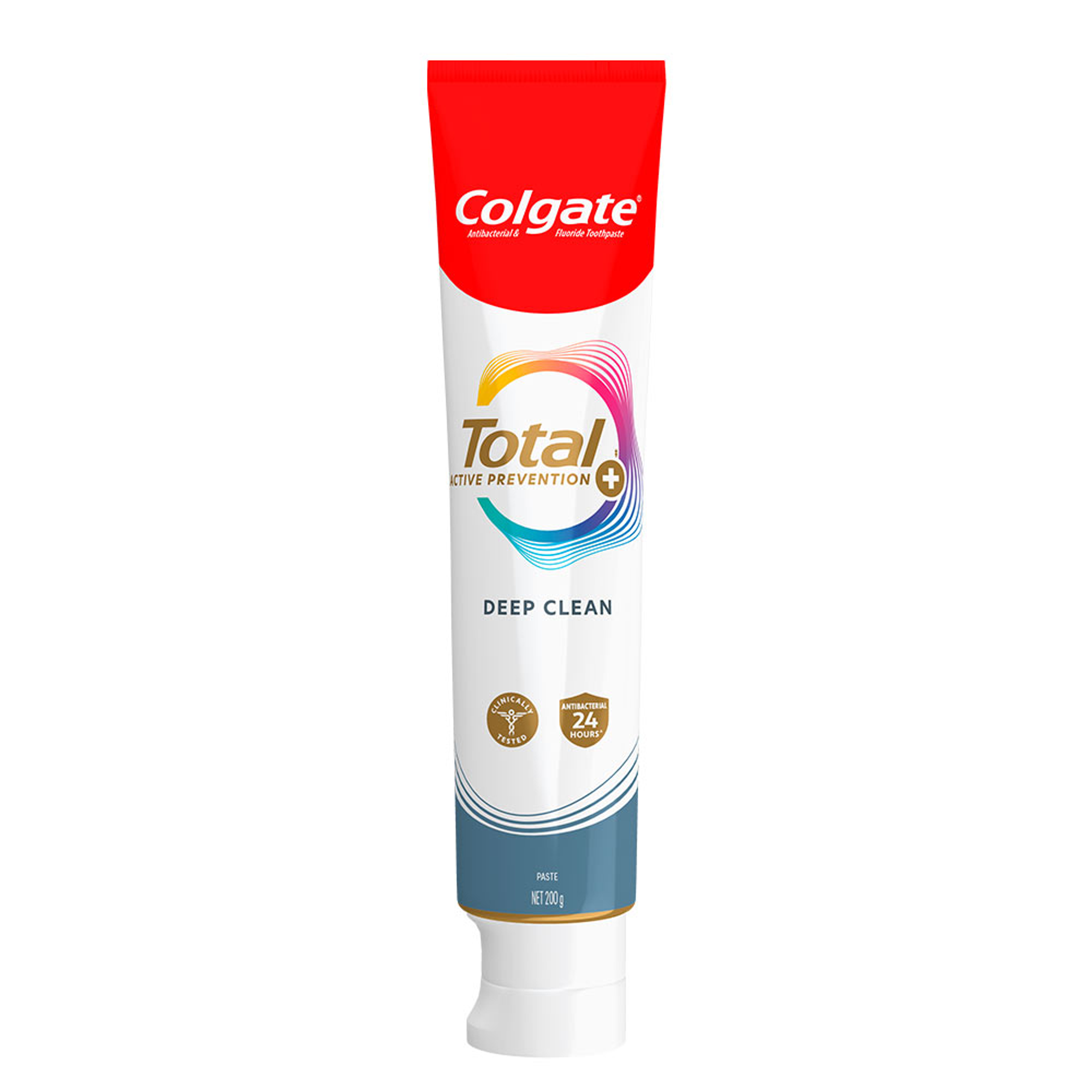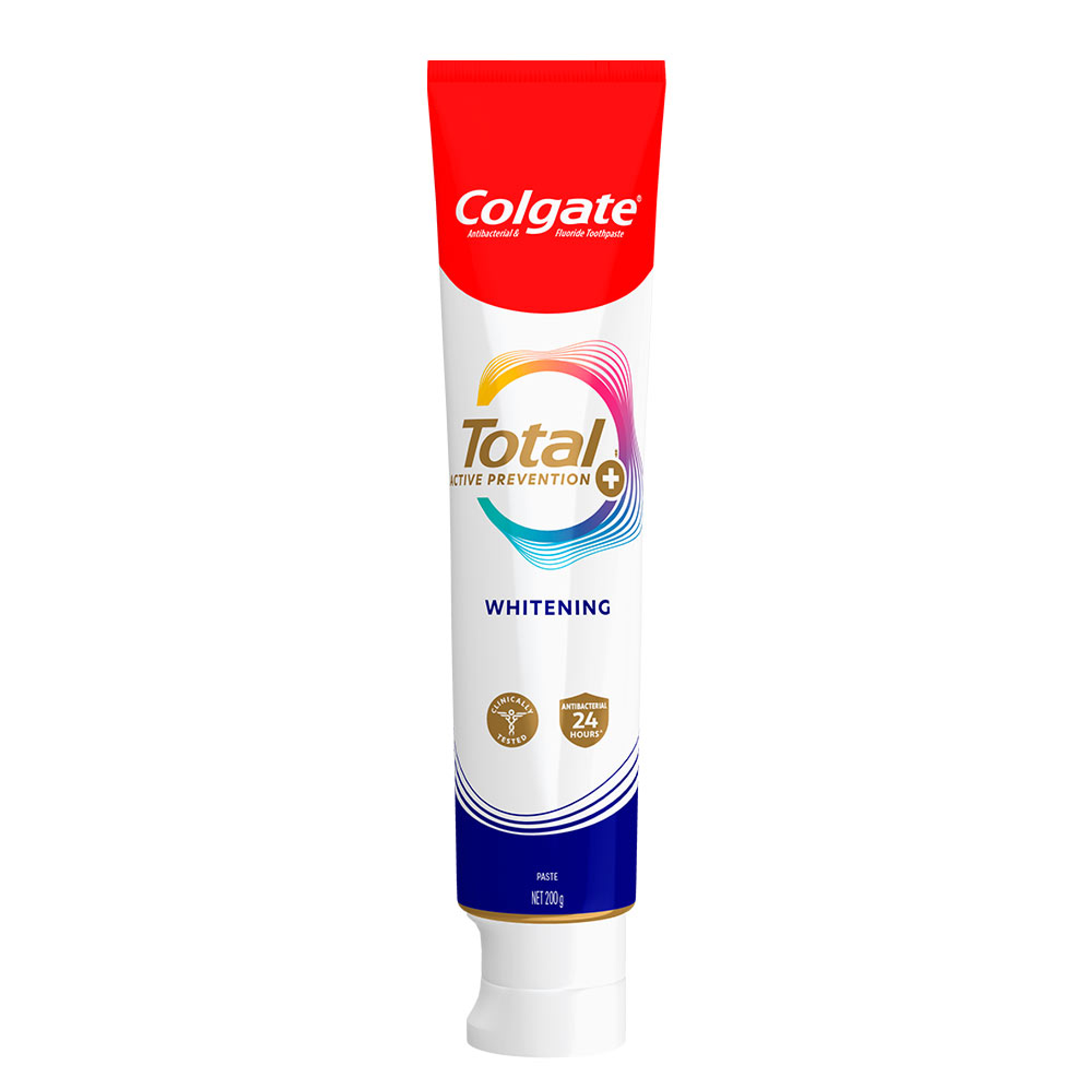-
-

BRUSHING & FLOSSING
How to BrushWhat Is the Right Way to Brush?
Proper brushing takes at least two minutes — that's right, 120 seconds!...

BRUSHING & FLOSSING
How To FlossWhat is the Right Way to Floss?
Proper flossing removes plaque and food particles in places where a toothbrush cannot easily reach... -
Science & Innovation
- Home
- Oral Health
- Why Fluoride in Toothpaste is Important


Fluoride is a naturally occurring mineral that is found in your bones and your teeth. It is also found in water, soil, plants, rocks and air. Fluoride plays an important role in keeping your teeth healthy. In recent decades, adding fluoride to toothpaste has greatly improved the oral health of millions of people around the world.
What Fluoride Does
Fluoride helps your tooth enamel in two ways: when an infant's teeth are forming, this ingredient can be incorporated into the enamel to help improve resistance to cavities when the teeth erupt into the mouth. After the teeth have appeared in the mouth, fluoride in toothpaste, mouthwash and fluoridated tap water helps the enamel to harden further so that it can resist the acid produced by oral bacteria when you eat.
Why it's in Toothpaste
There are several ways to expose teeth to optimum levels of fluoride which will help to protect them from decay. One way is by drinking water that contains fluoride. According to the National Health and Medical Research Council, roughly 89% of Australians already have access to fluoridated water in their homes. Another option is to use fluoridated toothpaste when you brush twice a day. Finally, your dental practitioner may suggest application of a fluoride varnish or gel during a routine appointment if you are at risk of dental decay.
Drinking fluoridated water can help protect the teeth from decay, but the amount of fluoride in water is not always enough for full protection. That's one of the reasons fluoride is found in toothpastes. According to the Australian Dental Association, the use of fluoride in dentistry and toothpastes is one of the most important ways of preventing and limiting tooth decay.
How to Choose a Toothpaste
Fluoride is one of the most important ingredients to look for when choosing a toothpaste. Other features, such as flavour and texture – whether it's a paste or a gel – are really a matter of preference.
If you have special concerns, such as sensitive teeth, or have had oral care problems in the past, you might want to look for fluoride toothpastes that contain additional ingredients that cater to these issues.
Using Fluoride Toothpaste
To get the most out of your toothpaste, be sure to use it as directed on the product label or by your dentist. Typically, brushing your teeth at least twice a day should be a staple of your routine.
Remember that brushing your teeth is just one of the steps to maintaining a healthy mouth. Minimising the number of cavity-causing foods you eat (such as lollies), maintaining a home-based oral care routine and seeing your dental professional for an examination and clean on a regular basis will go a long way towards keeping your teeth healthy and strong.
Related Articles

We know that dairy keeps your bones strong and healthy, but is milk good for your teeth? The answer is a resounding yes, and here's why.

You take your child to their dental appointment, expecting smiles all around and a clean bill of health.

A dry mouth spray may be good option if you need short-term relief of dry mouth. Learn how sprays work and what you can do for longer-term solutions, here.
This article is intended to promote understanding of and knowledge about general oral health topics. It is not intended to be a substitute for professional advice, diagnosis or treatment. Always seek the advice of your dentist or other qualified healthcare provider with any questions you may have regarding a medical condition or treatment.
Related Products

Helping dental professionals
More professionals across the world trust Colgate. Find resources, products, and information to give your patients a healthier future








